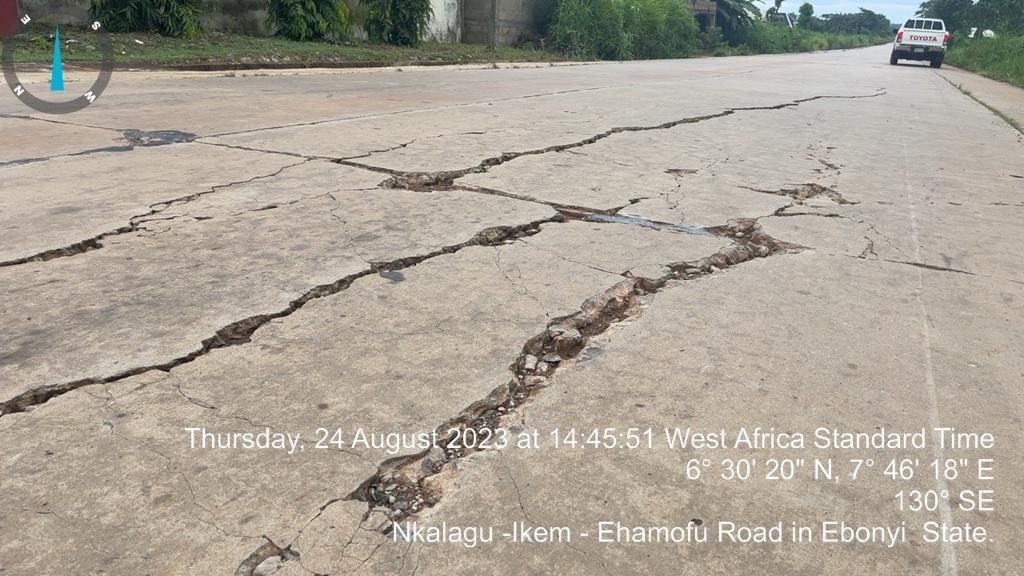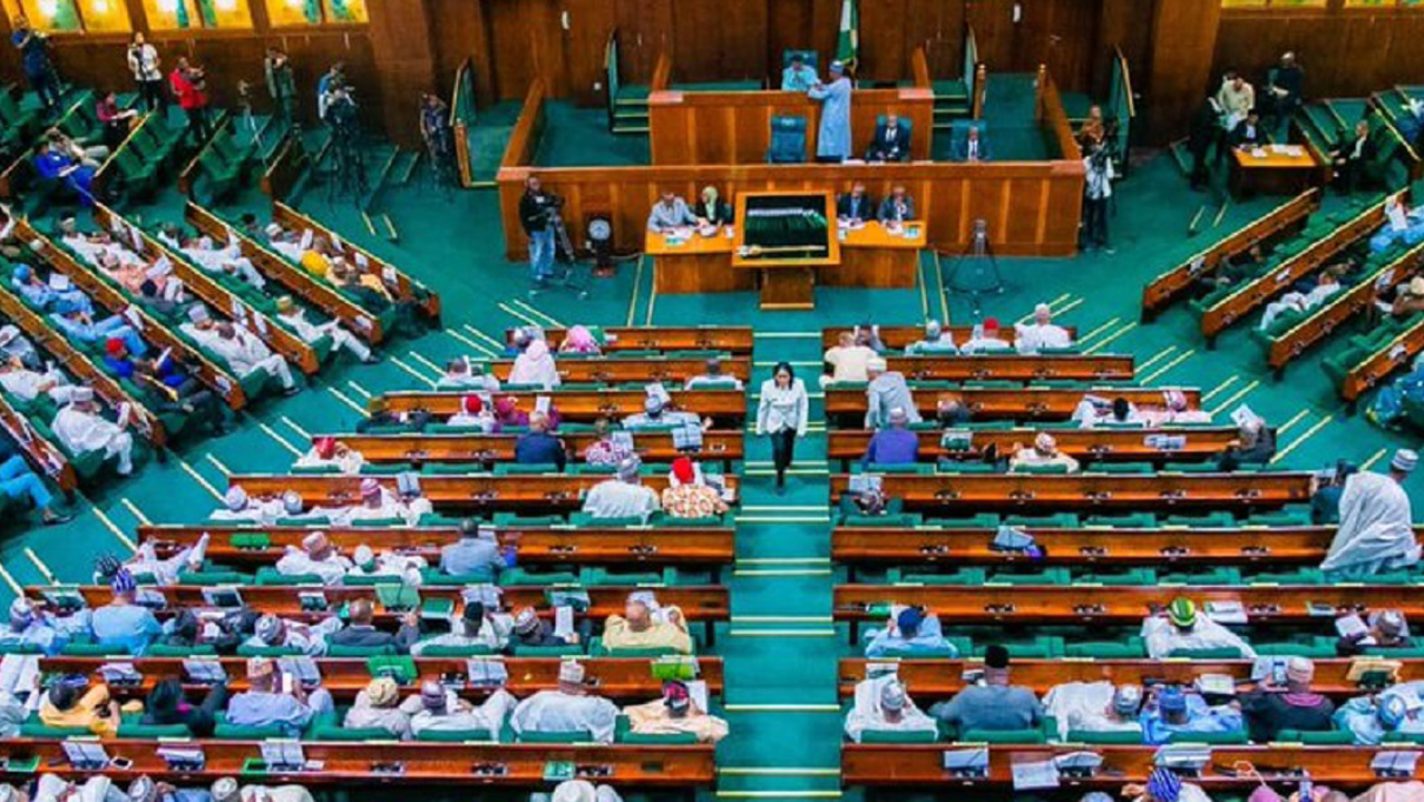News
Rising cost of materials: Construction Industry seeks gov’t intervention

The Federation of Construction Industry (FOCI) has appealed to the federal government to as a matter of urgency deploy measures that will address the
rising cost of construction materials in the country.
The industry made the appeal during a press conference in Abuja on Thursday.

Speaking, FOCI president, Chief Vincent Barrah lamented that the high cost of construction materials and diesels have threatened countless projects and affected the livelihoods of millions of workers in the sector.
According to him, “The exorbitant inflation of construction materials, including cement, steel, gravel, and asphalt, has significantly escalated project costs, rendering them financially unfeasible for both public and private stakeholders.
“Moreover, the skyrocketing prices of diesel, a critical fuel source for construction machinery and vehicles, have further compounded the financial burden on companies, exacerbating their already precarious financial situation. The current exchange rate has doubled the cost of spare parts and further reduced the investment opportunity to expand or replace current machineries.
“The consequences of these inflationary pressures are manifold and deeply concerning. Construction projects are experiencing unprecedented delays and disruptions, as companies struggle to procure essential materials within budgetary constraints”.
They also expressed concern on how the negative effects of inflation are extending to other sectors, thereby threatening the country’s economy.
“The adverse effects extend beyond the construction sector, permeating the broader economy and impeding Nigeria’s overall development trajectory. Infrastructure projects vital for transportation, housing, energy, and water supply are being hampered, hindering progress towards national development goals and impeding efforts to improve the standard of living for all Nigerians”, they noted.
The FOCI however appealed to the Nigerian government to take decisive action to alleviate the plight of construction companies and safeguard the future of the industry.
They also made the following recommendations:
“Review and Update Contract Provisions: Conduct a comprehensive review of existing contract templates and procurement guidelines to incorporate more robust and flexible provisions for addressing inflationary impacts on material costs. This may include adopting mechanisms such as price escalation clauses linked to relevant inflation indices or market benchmarks.
“Enhance Cost Monitoring and Reporting: Strengthen monitoring and reporting mechanisms to track changes in material prices and assess their impact on project costs in real-time. This will enable proactive identification of cost overruns and facilitate timely interventions to mitigate their effects.
“Enhanced Support Mechanisms: Enhanced financial support mechanisms, such as access to low-interest loans and grants, should be made available to construction companies to mitigate the financial strain caused by inflation and facilitate project continuity.
“Policy Reform: Comprehensive policy reforms are needed to address structural issues contributing to inflationary pressures in the construction sector, including supply chain bottlenecks, regulatory barriers, and market distortions”.

























